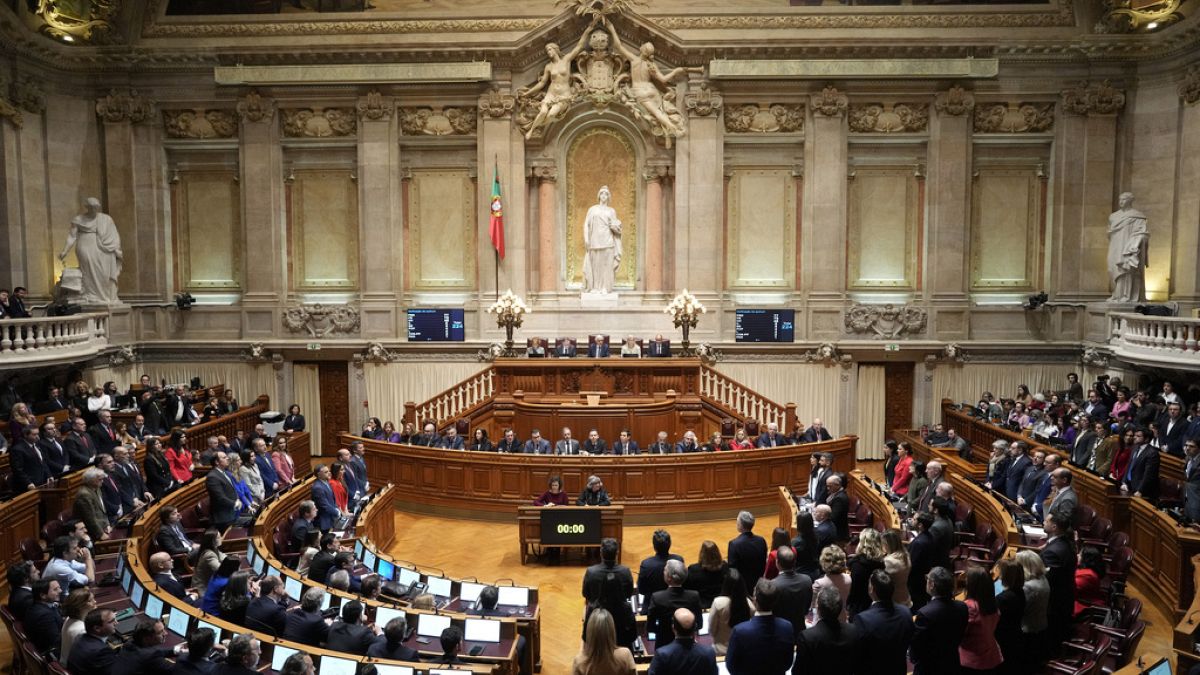

In a series of insightful developments from around the globe, recent news highlights important shifts in legal, environmental, and cultural spheres. From Portugal realigning its legal definition of rape to align more closely with European standards, to a groundbreaking environmental ruling in Spain, and significant cultural progress in Brazil’s literary community, these stories converge to paint a picture of a world striving towards justice, sustainability, and inclusion.
Portugal’s parliament made a significant move by reclassifying rape as a public crime, a decision which reflects a broader trend across Europe aimed at strengthening the legal framework protecting victims. This legislative change facilitates the prosecution of rape cases without the requirement that victims must file a complaint first, thus potentially bringing more offenders to justice. Several Socialist Party MPs played a pivotal role in this decision, opting to support the reclassification despite their party’s neutral stance on some of the proposals. This reclassification marks Portugal’s commitment to aligning with progressive European standards and reinforces its dedication to upholding human rights.
Meanwhile, in Turkey, Spotify is under investigation following accusations of hosting playlists with titles considered offensive towards religious sentiments and figures of importance, including Turkey’s First Lady. This probe highlights the ongoing global dialogue about the balance between creative expression and respect for cultural sensitivities. As streaming platforms continue to expand, the challenge intensifies for these companies to navigate diverse socio-political landscapes while preserving artistic freedom.
In an historic legal ruling, a Spanish court has declared that the pollution caused by a pig farm violated the human rights of local residents. This landmark decision paves the way for the restoration of the community’s environment, transforming the local reservoir into a vibrant ecosystem once again. The case emphasizes the growing recognition of environmental health as a fundamental human right and underscores the push for agricultural reforms amidst the climate crisis.
Celebrations are underway in Brazil as Ana Maria Gonçalves, author of the critically acclaimed “Um defeito de cor,” becomes the first Black woman to join the Brazilian Academy of Letters. This 128-year-old institution has long been dominated by white males, making Gonçalves’ election a monumental step towards diversity and representation in Brazilian arts and culture. Her membership is celebrated by writers, activists, and political figures across the country, signifying a positive shift in the nation’s literary fabric.
On the scientific front, there is growing concern over the proliferation of published academic papers, which has raised questions about the quality and integrity of scientific research. The publication of a controversial image in a paper has brought the issue into the limelight, prompting discussions about the role of artificial intelligence in academic research and the pressures faced by scholars to publish frequently. This discourse invites a reassessment of how academic excellence is measured and how digital advancements can be harnessed responsibly in scholarly work.
These stories collectively remind us of the dynamic interplay between justice, innovation, and culture in our ever-evolving world. As societies grapple with these complexities, they pave paths toward more equitable, sustainable, and inclusive futures. Each step forward, whether in legislative reform, environmental protection, cultural representation, or scientific advancement, contributes to a rich tapestry of global progress.
Source: {link}
